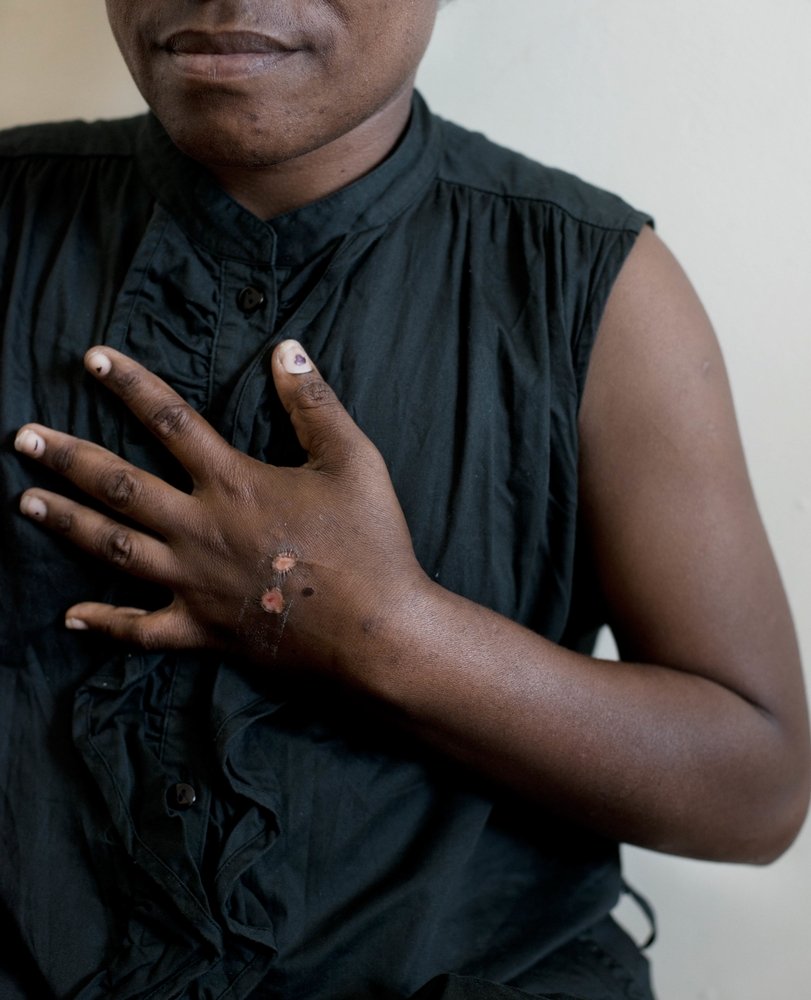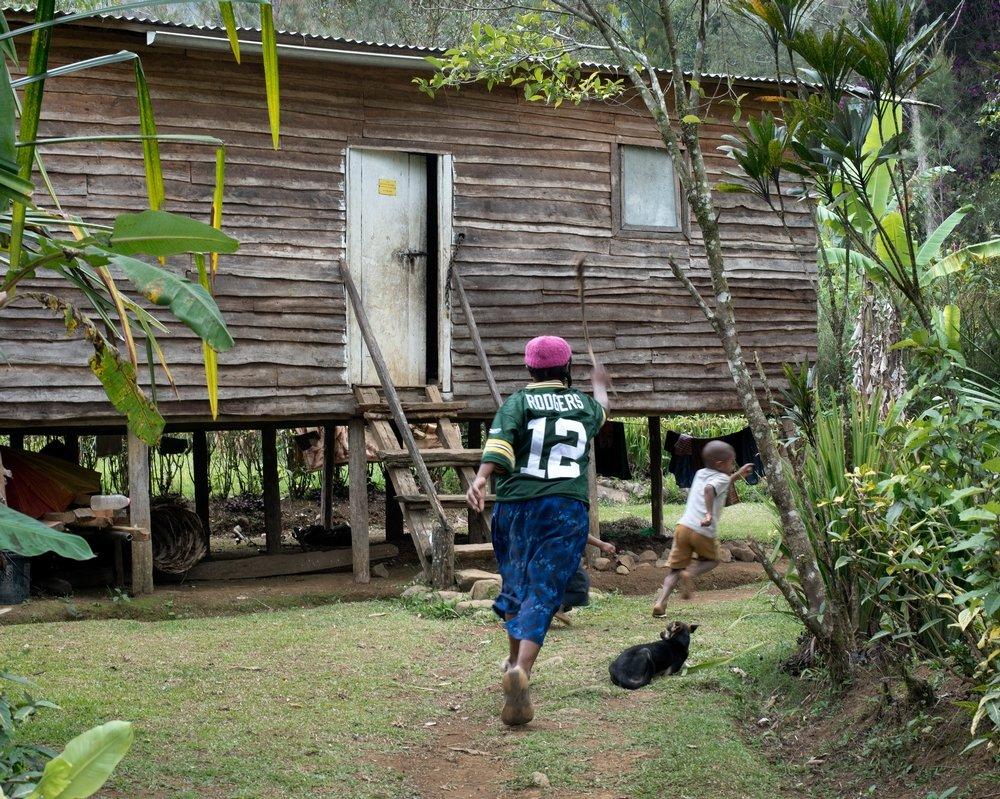
“My husband's violence started last year. He has given me many injuries – fractured wrist, cuts across my back and elbows, bruises all over my face... As he is a policeman the police will not help me. This centre is the only place where I can come and get help…. Each time I come here I have to go back to my husband afterwards. I have nowhere else to go...I am feeling depressed by it all, seeing that nothing is being pursued, no matter how many times I go back and forth,”
- Mother of three, 30 years old, survivor of intimate partner violence, Port Moresby Family Support Centre, 2015
Home to more than seven million people, Papua New Guinea is the South Pacific’s largest island. A country of rich ethnic and cultural diversity, where more than 800 languages are spoken, this Commonwealth country gained its independence from Australia in 1975. It is estimated that more than two-thirds of PNG's population lives under the poverty line, on less than US $1.25 a day. The country also has the worst health indicators in the Pacific region. Since 2009 MSF has treated 27,993 survivors of family and sexual violence care in Papua New Guinea and carried out 68,840 major and minor surgeries, one-third of which were for violence-related injuries.
Find out more about MSF in Papua New Guinea.
Read MSF's press release "Papua New Guinea: New MSF report reveals cycle of abuse for survivors of family and sexual violence"
ReadMSF's new report "Return to Abuser"
